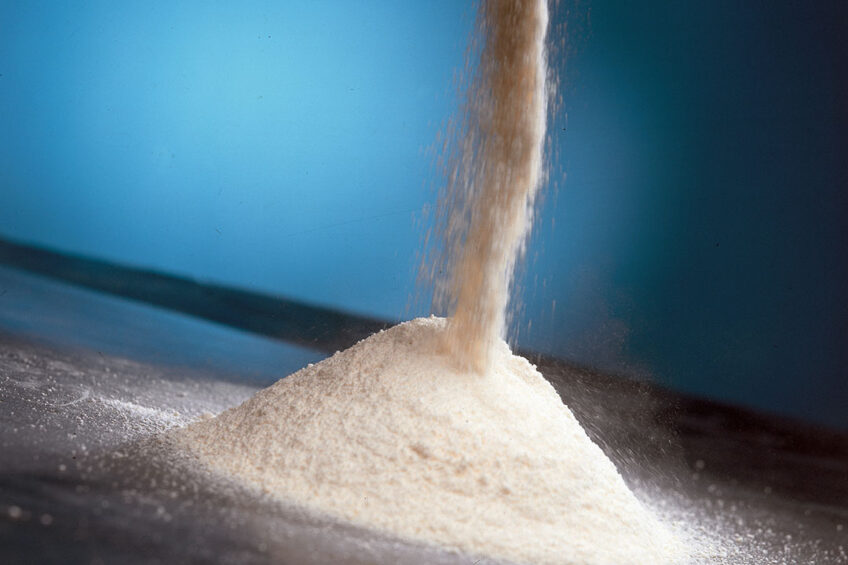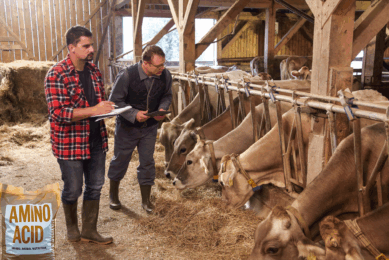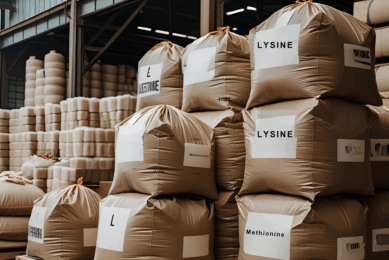Belarussian BNBC ramps up production, eyeing new export markets

Since the launch of the project, Belarussian National Biotechnological Corporation (BNBC) has already manufactured 500,000 tons of products, including 50,000 tons of feed amino acids, the press office of BNBC reported.
The main sales market for BNBC is Russia, but efforts are being made to diversify the supply. Belarussian amino acids have already passed registration on the Brazilian market, the press office said.
Belarus is playing an increasingly important role in the Russian market. Russian think tank Feedlot estimated that the country now accounts for 10% of Russian feed additive imports.
Back to state planning
During a Russia-Belarus First Biotechnological Forum in May, Daniil Uritsky, head of BNBC, expressed confidence that Russia and Belarus should jointly plan the supply-demand balance on the feed additive market of the 2 countries.
“In the Soviet Union, there was a state plan. We now live in a market economy, sometimes a messy one, while in Europe, there is still a state plan,” Uritsky said. “Now our company, Russian Premix Plant No. 1 and Aminosib, together can meet the needs of Russia and Belarus in lysine sulphate of 150,000 tons [per year]. In principle, there is no need to build new plants for its production. Otherwise, everyone will be in trouble. But, on the other hand, lysine monohydrochloride is still in short supply.”
New sales markets
BNBC products have been successfully registered in the Brazilian market, and the first deliveries will begin in the near future, Maxim Sazonov, Chairman of the Board of Directors of De Heus Corporation, disclosed during the forum. “We are striving to expand the geography of our presence; Brazil is the first country [so far away] that has expressed a desire to buy BNBC products,” he said, adding that the company, together with BNBC, will work on the registration of amino acids in the European market.
Sanctions will be lifted sooner or later, and crises will be replaced by economic recovery, Sazonov assumed.
More investments
Currently, BNBC is considering the possibility of expanding the capacity for the production of lysine monohydrochloride, and it is also planned to create a production of feed vitamins within the next 3 years.
However, within the [Russia-Belarus] Union State, in partnership with China, the Russian National Biotechnology Corporation could also be established, Uritsky said. He estimated the project’s investment cost at $1.2-1.5 billion, adding that the plants of the Russian cluster could process 1 million tons of grain per year.
In the future, Russian and Belarussian corporations could exchange 25% of each other’s shares, and the cluster could include Premix Plant No. 1 and Aminosib, Uritsky said. But without the support of the Russian and Belarussian governments, it would not be possible to implement such a project, he admitted.











